Chinese scientists develop an efficient method of desalinating water through solar evaporation.
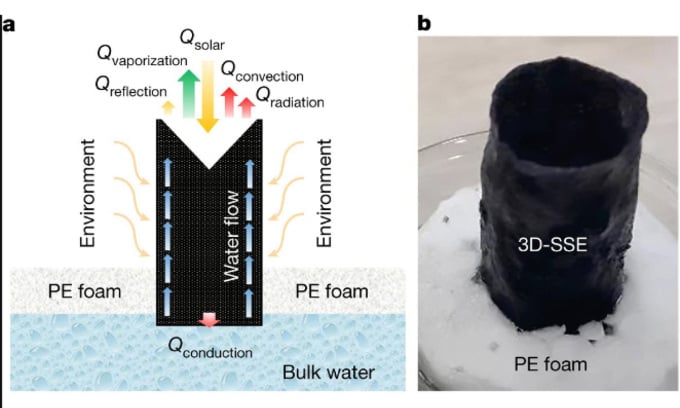
Cylindrical evaporators reduce energy loss and avoid salt clogging. Photo: Nature
The new method is said to be "green" and effective, able to filter more water per day than similar methods, SCMP reported on September 28. Specifically, the research team filtered about 22 liters of water per square meter per day, enough for 10 adults. The new study was published in the journal Nature.
The team used a new type of metal titanium powder with high solar energy absorption and mixed it with other materials to create cylindrical evaporators. These evaporators are designed to minimize energy loss compared to flat evaporators. They can achieve an evaporation rate of 6.09 kg per hour. Associate Professor Yang Bo of Northeastern University, a member of the research team, said that their method has set a world record for evaporation rate.
Traditional desalination uses reverse osmosis to separate salt from seawater. Specifically, water is passed through small membranes under pressure, causing the water to separate from other components. This process is very energy-intensive. According to the US Department of Energy, about 25-40% of the cost of desalinating water is for the energy needed to run the pumps that create osmotic pressure.
In the solar steam method, the evaporator absorbs heat, turns water into steam, and leaves behind the salt. The steam travels to a cooler collector, where it condenses into pure water.
Yang said the steam method does not produce carbon emissions because it relies on sunlight instead of pressure to desalinate. His research provides a new direction for seawater desalination that can effectively solve water shortages while saving energy through smart design.
With its large surface area, the cylindrical evaporator can avoid salt fouling, which is essential to improving the efficiency of solar steam systems. Not only is this a more sustainable method of seawater desalination, but it can also be expanded to fuel production, steam disinfection, and electricity generation, the team adds.
Thu Thao (According to SCMP )
Source link



![[Photo] Prime Minister Pham Minh Chinh chairs the first meeting of the Central Steering Committee on housing policy and real estate market](https://vphoto.vietnam.vn/thumb/1200x675/vietnam/resource/IMAGE/2025/9/22/c0f42b88c6284975b4bcfcf5b17656e7)











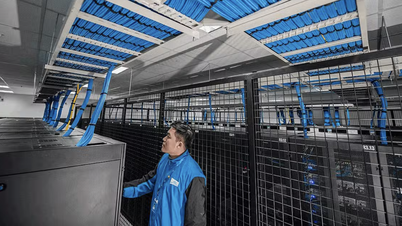
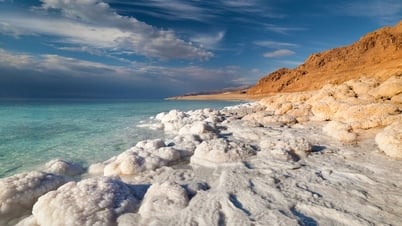





















![[Photo] General Secretary To Lam presents the First Class Labor Medal to the Vietnam National Energy and Industry Group](https://vphoto.vietnam.vn/thumb/1200x675/vietnam/resource/IMAGE/2025/9/21/0ad2d50e1c274a55a3736500c5f262e5)


































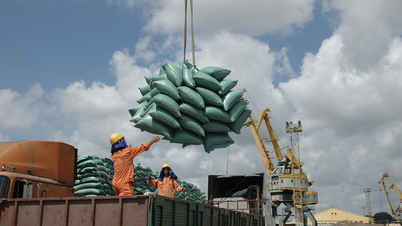








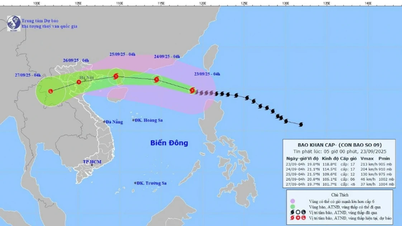



















Comment (0)